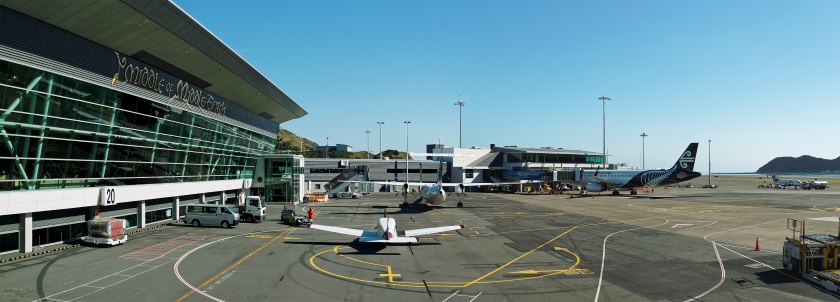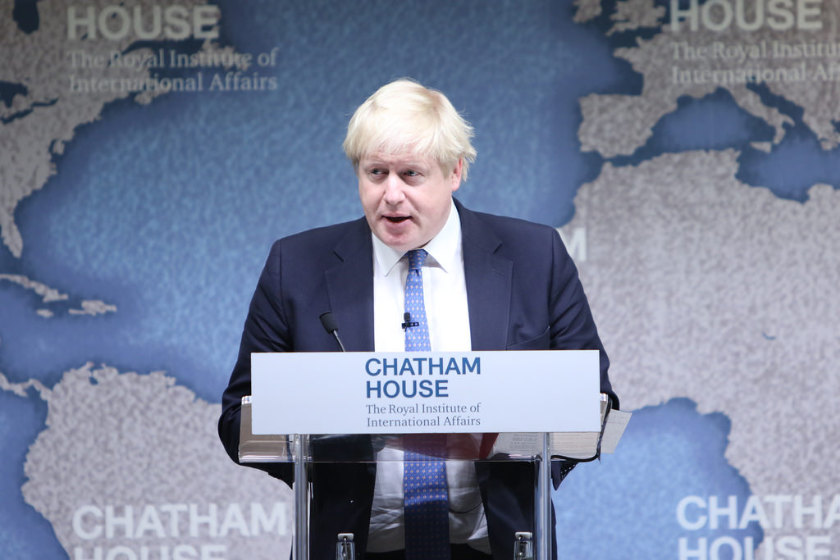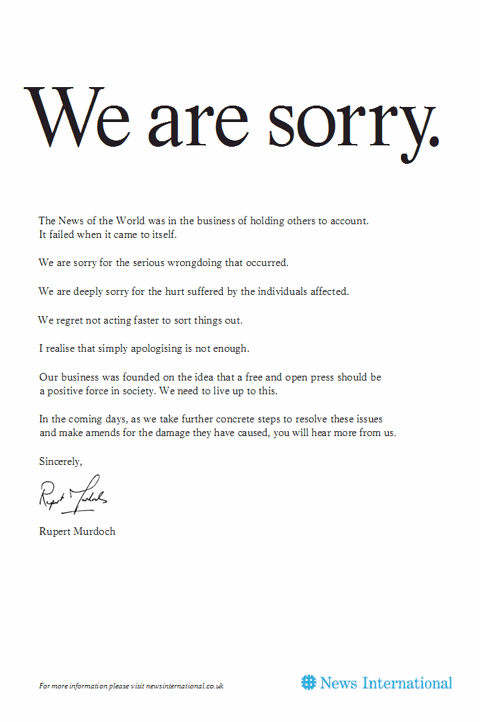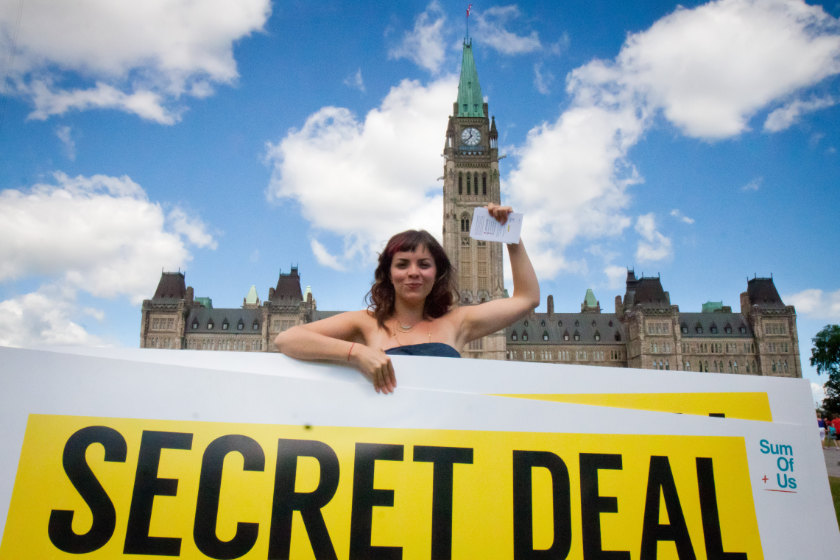A Kiwi friend, based in Australia, and I were discussing the General Election yesterday on the phone.
First, I told her, you wouldn’t know one was on. It’s like Christmas when the global financial crisis hit: people weren’t in the mood.
Secondly, minor parties like Internet Mana are probably doing better than the polls say: as with the mayoral election last year, those on cellphones are being missed in telephone polls, and, unlike local body elections, more young people come out for these.
In Rongotai—historically a Labour electorate other than a brief period under National when Graeme Reeves was our local MP—there are plenty of Labour hoardings. In my postbox, surprisingly, Conservatives and Greens have delivered more, while two Labour loyalists did some door-knocking. National’s activity, that I found out about ex post facto, was a visit by Paul Foster-Bell. Interestingly, it has also bought a lot of ads on the Lucire website via an ad network that we work with, and it got to the point where I wondered if people thought our publication was sponsored by National.
I’m exactly the sort of swing voter who these folks would target because I don’t go to the polls on autopilot. Paul does well with interacting with us on Facebook, and, as I told the two Labour people, I haven’t physically seen Annette King in this area in 21 years. (I’ve seen her at parties though, and to be fair, I saw her at one official function in Newtown, which is part of this electorate.) I also saw Graeme a lot, and Peter Neilson before that.
But Labour’s poor showing in the polls, in my opinion, has less to do with the invisibility of its members in the community and more to do with the perception of division. It’s what got John Major in the UK in 1997—you just can’t fight an election alone.
Chris Hipkins and I did chat briefly about the fact certain media seem to enquire with National first about a few Labour announcements, which is a curious journalistic approach, and that certainly weakens their case.
But I have just watched a TV3 Nation “debate” (I use the term advisedly—Steven Joyce does himself a disservice by shouting down his opponent and the host, when I actually wanted to listen to his side of the story), where I can now say I have seen, and heard, more of Grant Robertson than his leader, David Cunliffe. I even saw Grant at the weekend with Maryan Street. I thought: good, Labour is campaigning. I want to see an election battle.
Labour’s image of division isn’t new. It started after the resignation of David Shearer and the long drawn-out process of selecting a new leader. Why Labour wanted this to be so public I have no idea. It might have thought it a good opportunity to get some air time but all it did was show that there were two camps: the caucus, who favoured Grant, and the membership, who favoured David Cunliffe.
My Australian-based friend was under the impression that Grant only lost out because of his sexuality, that that was wholly inappropriate in 2014 given that he is the better speaker, thinker and leader. If his sexuality played a part in his loss then I agree that it should not have been a consideration. I’ve a feeling she’s disappointed with Labour and won’t be voting for them.
While David Cunliffe moved quickly to give his rivals high positions in the Shadow Cabinet, the damage had been done.
I think occidental voters want to see unity, because, in the General Elections I have watched, that plays a greater role than the policies themselves. The reality is that every party has factions, and it’s a matter of first, how deep they are, and secondly, how one stage-manages them to the public. No matter what Labour does, it found itself on the back foot.
It may be time to look beyond the stage management and ask ourselves what we want in terms of our aspirations for our country.
I want to see a high-tech base along with our traditional primary sectors, because we have an advantage in innovation that doesn’t get talked up anywhere nearly enough. That’s one of my biggies, along with a government that is prepared to foster the growth of New Zealand businesses, not those of foreign technocrats in the hope that trickle-down might start working one of these days. Foreign ownership of enterprises doesn’t put that much back into our economy. I’ll go for a party that will work to narrow the income gap, and has a workable plan to do so.
In the materials I have been delivered, and in the media that I have been served, I haven’t seen anyone hit all of these.
The rest—sensibly investing in education, health and our poor, go without saying—but every party says they care about this trifecta. They are nevertheless worth investigating.
This means I’ll continue digging to see who matches up with my wish list the best. It’s worth the effort if we are to get past the smoke-and-mirrors games of the spin doctors.




